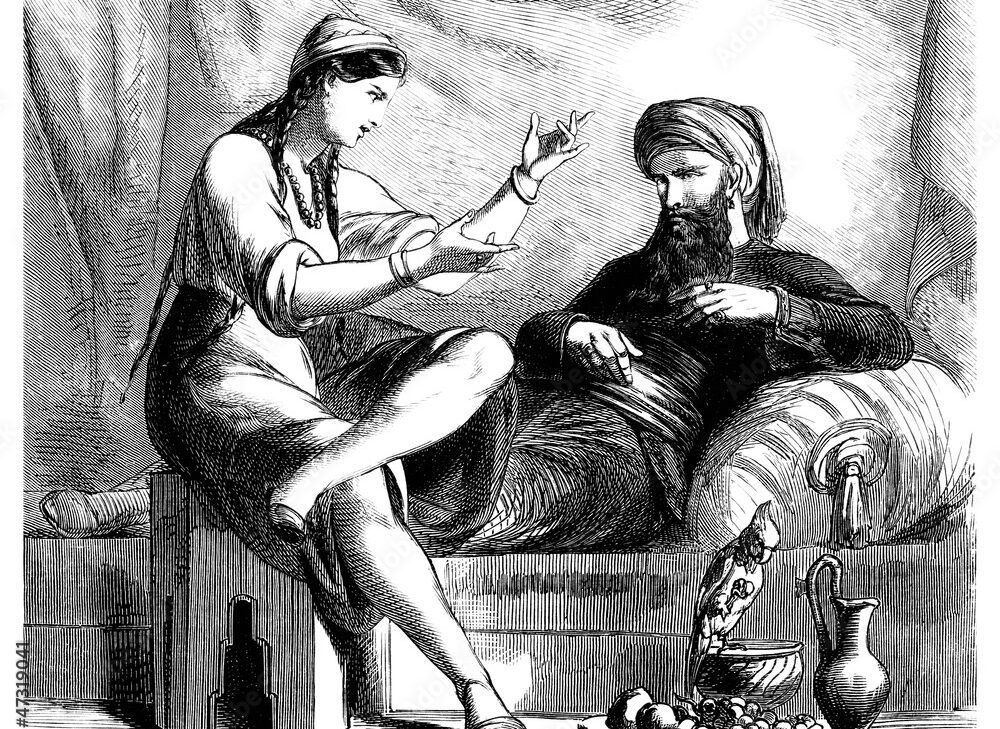Oral Storytelling Techniques for Writing Flash Nonfiction
with Corey Rosen

Speak your way into your stories.
In this course, we’ll learn to use the art of oral storytelling to create captivating flash nonfiction.
Oral storytelling is the original literary art, and it can take us out of our heads and into the heart of our stories. This course will help you clear the scary clutter of “Where should I start?” and start framing your own experiences and memories as stories. You’ll learn creative ideation: exploring where our stories come from, and finding new and interesting story ideas within our lives.
You’ll learn and work with different story structures, and try telling the same “story” through different lenses—using flashbacks, flash forwards, subplots, callbacks, and more.
Through the course, you’ll develop two complete written stories, and learn to apply different story structures and editing elements to make them funnier, more poignant, or otherwise stronger and more resonant regardless of their intended audience. You’ll get weekly homework assignments of reading, listening to stories, and prompts for developing your own stories week by week.
In addition to sharing your stories, you’ll receive feedback in a positive, supportive environment, with clear guidance to help shape your stories into final products. You’ll come away with two strong stories, and a toolkit of structures and editing techniques to concoct, shape, and polish great stories in the future.
This Course Is for You If:
- You’re interested in crafting better stories.
- You want to write a memoir.
- You’ve got great stories to tell.
- You feel stuck telling the same stories.
- You need a nudge.
Learning and Writing Goals
Learning Goals:
In this class, you will:
- Learn how to use the techniques of spoken storytelling to craft powerful written nonfiction pieces.
- Develop your unique voice as a storyteller.
- Learn to focus your stories on the elements that make them memorable, powerful, and emotional for audiences of all kinds.
- Learn how to find the spine of your true stores.
- Learn how to apply the SUCCESS principles to make your true stories sticky.
- Learn to be present when telling a story and to play off of and audience’s reactions.
Writing Goals:
In this class, you will:
- Develop and shape two true short stories from your life, while learning the skills to do the same for many more.
- Find and share your personal voice in a supportive community space.
- Discover new life in old stories.
Zoom Schedule
Zoom sessions will be held on Thursdays beginning February 8th from 8-10:00pm Eastern.
Weekly Syllabus
Week 1: Storytelling Building Blocks
We begin with ideation and brainstorming, exploring where ideas come from using activities to mine for new content that we might not have considered in the past. This session also lays the bedrock for a protocol we will use throughout the class, developing a “writers room” model with specific protocols the group will use while giving and receiving feedback. We will also have a chance to each share our own short personal story.
Week 2: Storytelling Principles
In this session, we’ll unpack what we mean when we call something a “Story” including elements that separate stories from anecdotes, and the attributes that make “something that happened” a Story-worthy candidate for development. We will also learn some Simplified Story Structures and start the process of fleshing out ideas by adding details and emotions to the events as remembered. Students will also have the opportunity to tell a full five-minute story to the class and receive actionable feedback.
Week 3: Storytelling Structures
This week, we’ll delve into the differences between linear stories, non-linear stories, and other story structures that might work to turn your idea into a stronger piece of flash non-fiction. Once again, all students have a chance to share a story and receive critique that relates to the weekly lessons.
Week 4: Storytelling Practice
This week, our class discussion moves from the structure to the refinement of our stories, using tested systems for editing to bring out what’s working best in each of our stories. There will also be lessons starting here about the oral and verbal performance of a story, including how to bring yourself and your awareness (“reading the room”) into play when telling your stories to an audience.
Week 5: Storytelling in Performance
In this final class session, we will focus on the telling of stories, practiced with each student telling a revised version of a story they’d previously developed in the class. Students will learn techniques to feel prepared for their performance, including memorizing the beats of the story, body language, microphone usage, and the development of strong opening and closing moments. At the conclusion of this class, students will be prepared for their storytelling showcase.
Week 6: Student Storytelling Showcase (for Family and Friends)
Instead of a class, this will be a performance, opening up for friends and family to listen to our stories! It’s a public celebration of the hard work you’ve put into the class.

